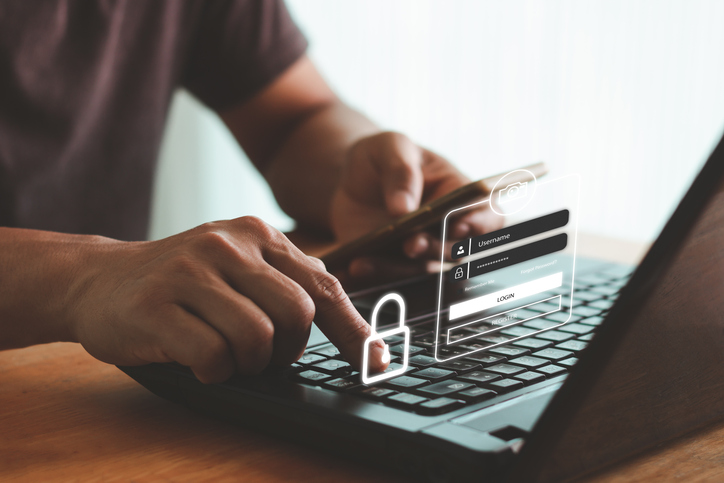How To Maintain Digital Security At Your Pharmacy
Posted by Total Pharmacy Supply on Feb 3rd 2023

These days, it's more important than ever to make sure your pharmacy is secure. With so much of our lives and businesses moving online, it's essential to take steps to protect yourself from cyber-attacks. Here are some tips on how to maintain digital security at your pharmacy.
1. Keep all software up to date - this includes your operating system, internet browser, and any security programs you have installed
It is essential that pharmacies stay up to date with all their software. Keeping the operating system, internet browser, and any security programs you have installed up to date is paramount in protecting pharmacy customers and ensuring every transaction is secure. By keeping all software updated, pharmacies put themselves in a much better position to detect new threats that arise, as well as take advantage of technological updates that may benefit the store or its customers. Not only will this ensure patient information remains protected and secure, but it may also be a requirement by a pharmacy's accrediting body or insurance provider.
2. Use strong passwords for all accounts associated with your pharmacy, and change them regularly
Securing your pharmacy's digital information should be one of your top priorities. Using strong, unique passwords for each login associated with your pharmacy is essential to ensure the safety of confidential data. Furthermore, changing these passwords periodically serves as an important defense against malicious attacks and hackers trying to access sensitive information. Therefore, implementing a policy that requires regular password changes is an easy way to lower the risk of a data breach and bolster the protection of confidential information within your pharmacy. Doing so will safeguard both patient and business records and reassure customers about their personal data security.
3. Be cautious of email attachments and links - only open them if you're expecting them and know they're safe
Email is an essential tool for communication, but it can also be a source of risk. It's important to exercise caution when opening attachments or clicking on links found in emails, as they may contain malicious software or lead to websites that are not safe. To ensure your safety, always ask yourself if you are expecting this attachment or link and also whether it appears trustworthy. If you have any doubts, don't open the attachment or click the link - even if it seems like it could be from a trustworthy source, such as a colleague or family member. After all, you and your pharmacy's online security is well worth taking precautionary measures for.
4. Don't store sensitive information on your computer - if possible, keep it offline in a secure location
If you are handling sensitive information, like patient information, it is important to be aware of the risks involved in keeping that information on your computer. While it may be convenient to have all of your data in one place, if your computer is hacked or stolen, that information could fall into the wrong hands. If possible, it is best to keep sensitive information offline in a secure location.
5. Educate yourself and your staff on digital security risks and how to avoid them
In today's digital world, it is critical to invest in educating both yourself and your staff on digital security risks and how best to avoid them. Taking the time to ensure that you are familiar with the basics of a secure system can save you from potential cyber nightmares down the line. Staying up-to-date with changing trends in the cybersecurity arena and investing in industry-standard tools and training will help you stay ahead of the curve. Once everyone understands what they need to do to be secure, further efforts such as implementing two-factor authentication, encrypting data, and strengthening passwords will go a long way toward protecting your organization's data.
---
It is of the utmost importance that pharmacies understand and take the appropriate steps to protect their data. Investing in strong digital security procedures can help keep your pharmacy's valuable data safe and secure. Keep up to date with software, use strong passwords, watch out for suspicious emails, and store critical information away from your computer as best you can. Taking preventative measures like these is easy to do and will save a lot of potential headaches down the line if there were ever a security breach at your business. Educating yourself and your staff on digital security risks is one of the most important steps you can take when establishing prevention protocols. Stay informed so that you can remain one step ahead of any threats to ensure the safety of your business' sensitive information.
